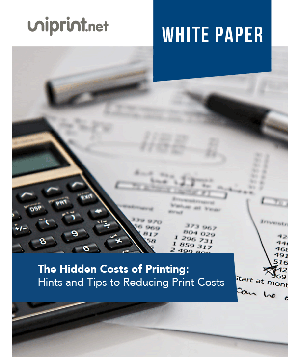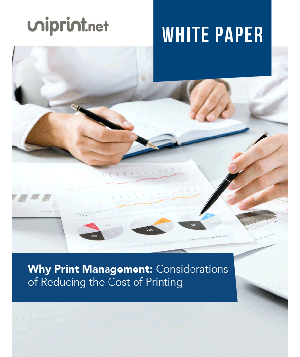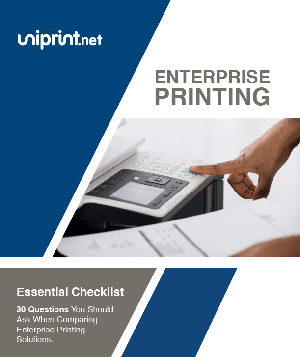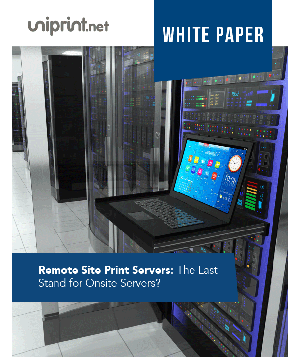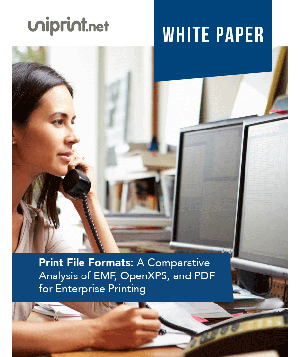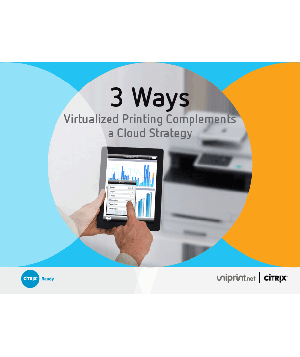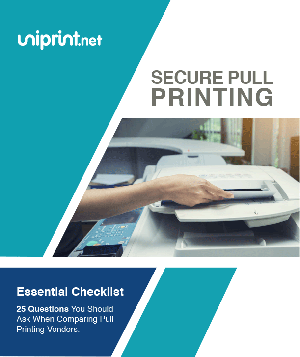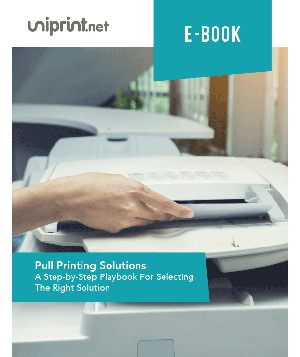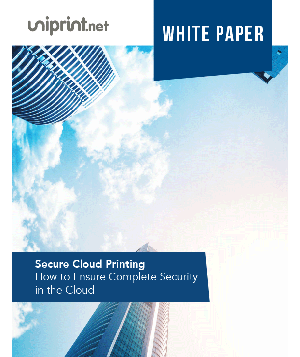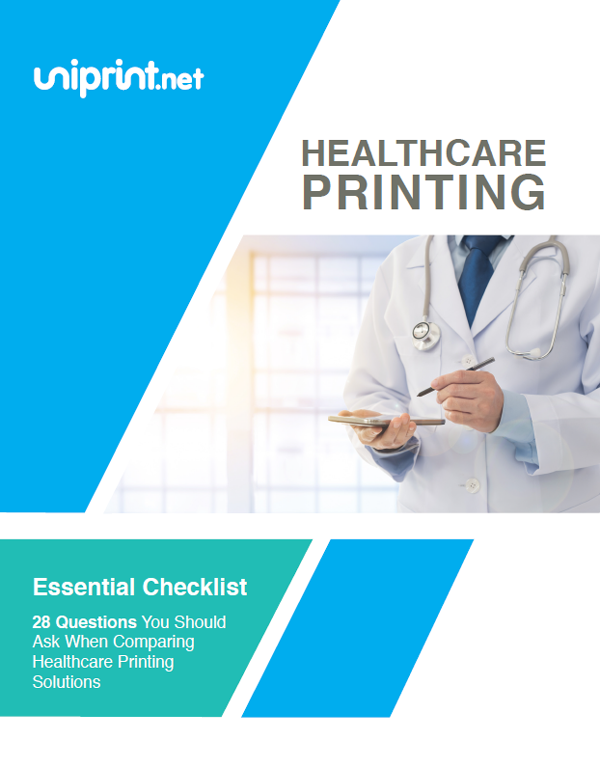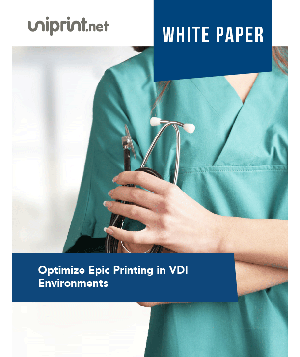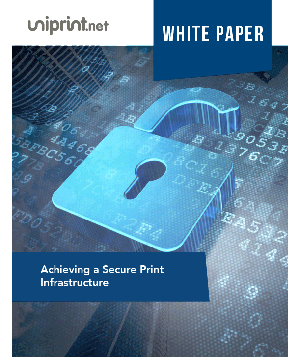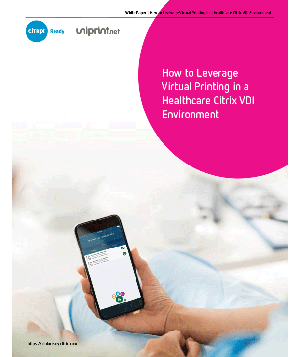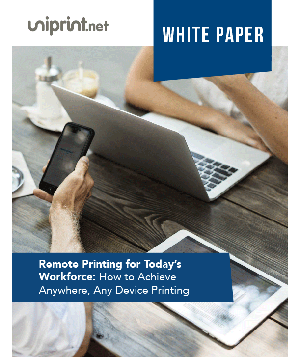Sunrise Health Region Focuses on Security and Privacy
The health services provider turned to virtual desktops and a secure print solution to boost privacy and security, while cutting costs and improving efficiency.
Information technology has put patient privacy and security at the center of health care. There’s a critical need for solutions that address patient records and government regulations.
At Sunrise Health Region, a Canadian provider of health care and medical services in the Province of Saskatchewan, the quest for secure IT systems has led to the deployment of virtual desktops and advanced printing capabilities. “We have very specific needs and requirements that must be addressed,” says Sheranga Jayasinghe, director of information technology for Sunrise Health.
The organization manages 22 facilities and delivers an assortment of services to about 60,000 people under the stewardship of the Canadian Ministry of Health. It must follow a strict set of privacy regulations that are similar to those in the United States.
As a result, three years ago, Sunrise Health transitioned to virtual desktops running Citrix. But that led to other issues, including a need to constantly update print drivers for more than 300 printers. “We had 20 Citrix servers and replacing the print driver whenever a printer was changed was a challenge from both a practical and privacy perspective,” Jayasinghe explains.
For example, when printers were changed or staff members moved around to do their job, it sometimes led to documents printing at the wrong locations. Canadian law requires that documents be sent to the nearest printer.
To deal with this issue, the organization turned to printer virtualization vendor UniPrint to develop a secure solution that delivered “follow-me” capabilities. The system maps all the printers and compares them to workstations. “When a person initiates a print job, it is guaranteed to route to the closest printer,” Jayasinghe says.
Getting Impressive Results
The results have been impressive. Through virtual desktops, single sign-on and the print solution, Sunrise Health has addressed previous problems related to the access to data, log-ins and secure printing.
In the past, logging in for a print job and completing the task could take 15 minutes or more. “On average, we were losing about two hours of staff time per 12-hour shift.” Jayasinghe recalls.
Today, the task requires less than two minutes of staff time per shift—all while increasing the number of records handled from approximately 10,000 per month to upward of 50,000.
At the same time, managing a single print driver across the organization has simplified IT administration and has cut costs. Because clinical applications won’t print to all printers—particularly older ones—the organization previously found itself limited to specific printers that sometimes provided slow or limited output. Moreover, swapping an older printer for a newer one required time and resources.
However, the UniPrint driver, which also works with mobile devices, ensures that the print head is compatible with any application. “We no longer have to purchase high-end printers that cost C$3,000,” Jayasinghe reports. “We can use C$500 printers, and the UniPrint driver is on the only print server that needs to be updated.”
This initiative has resulted in a return on investment of C$100,000 in savings over the last 18 months. And Sunrise Health is now looking at ways to expand the environment to visitors, including those using iPads or Android tablets.
“We have introduced both better security and greater efficiencies,” Jayasinghe says.

